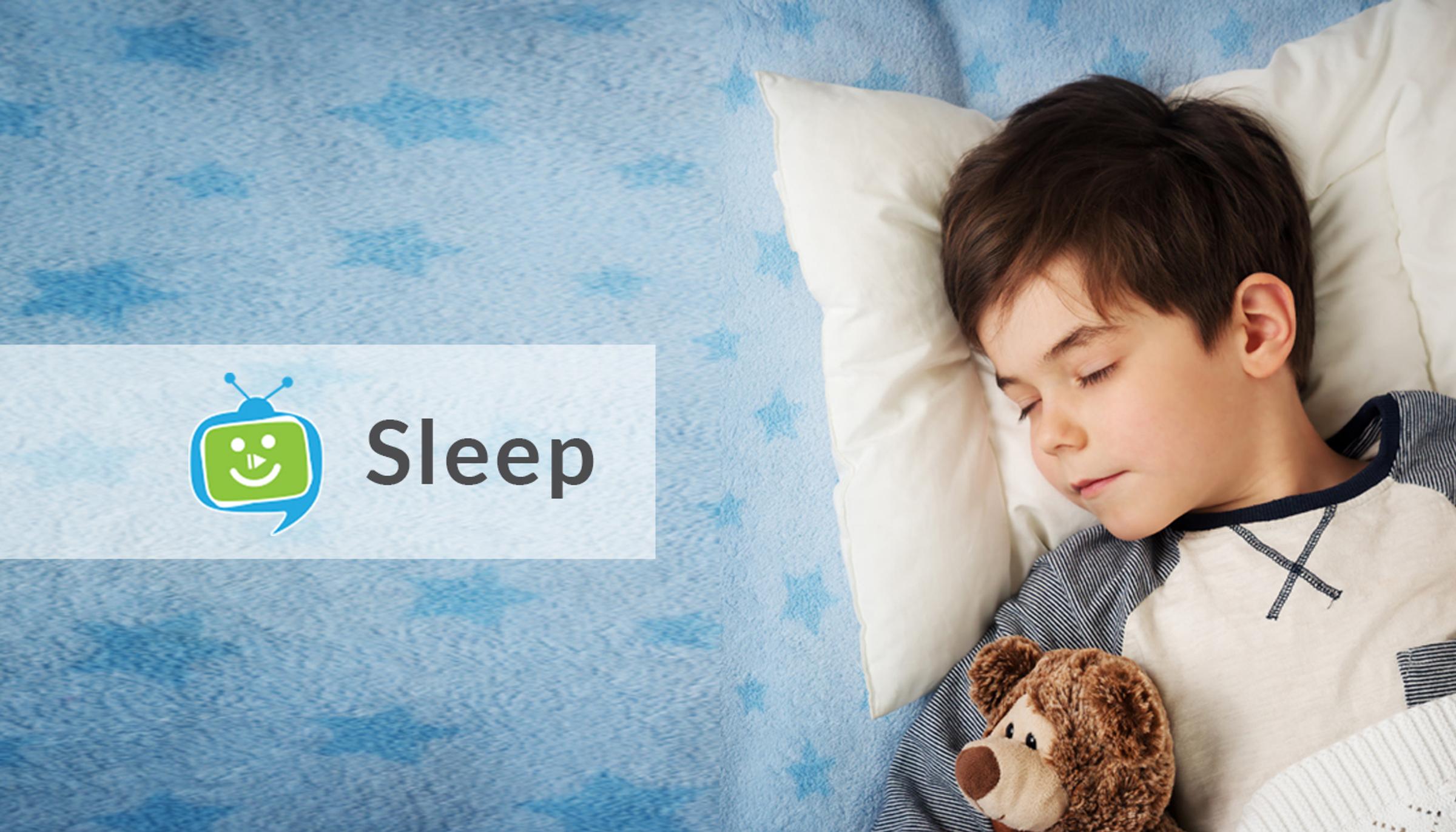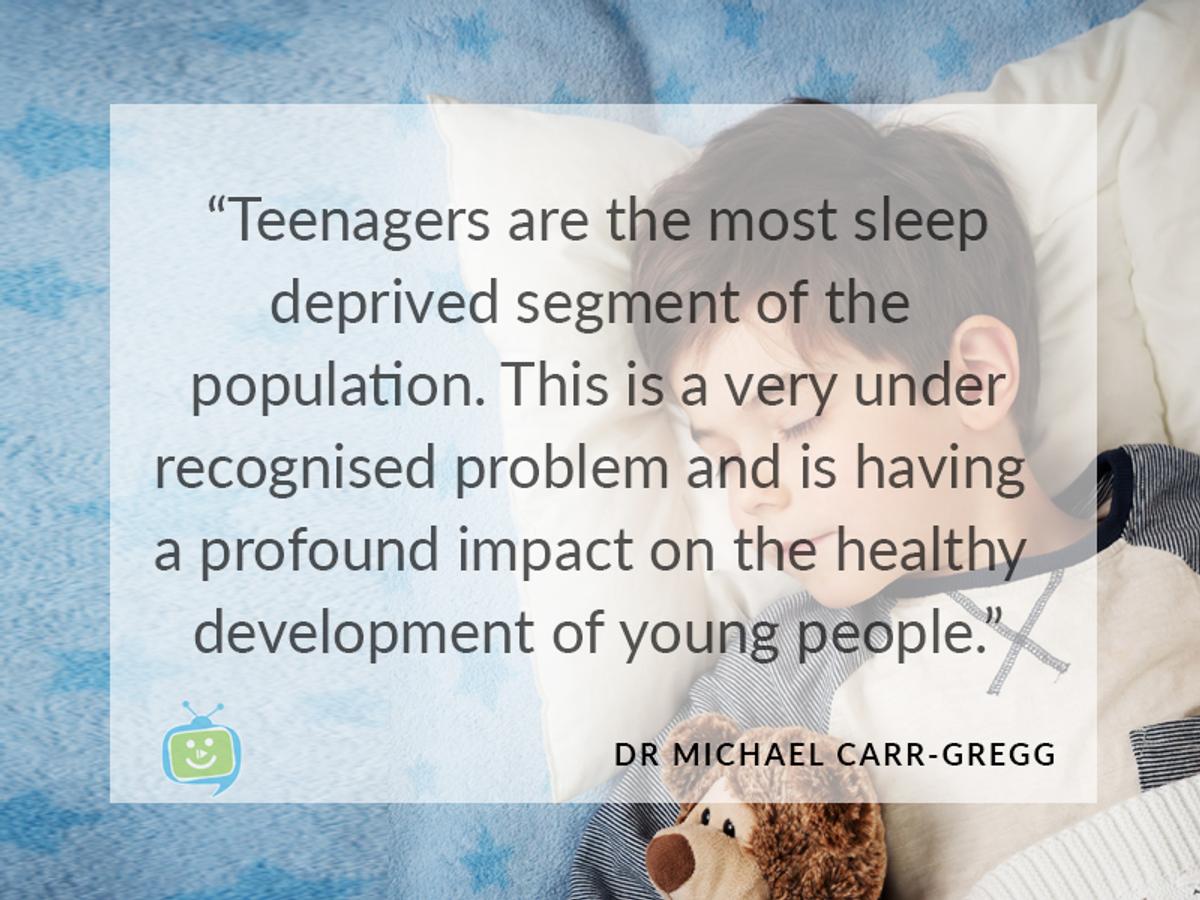WELLBEING

SLEEP HEALTH FOR STUDENTS
Dear Families,
While we know sleep is essential for good health, research shows that many children and young people are not getting enough sleep on school nights. This can affect thinking, concentration, memory, reaction times and mood.
Research shows about 12% of primary school-aged children, a quarter of 12 to 15-year-olds and half of 16 to 17-year-olds don’t get enough sleep on school nights. The recommended amount of time to sleep for primary school-aged children is 9 to 11 hours. For teenagers, it’s 8 to 10 hours.
Signs that your child is not getting enough sleep can include:
- low mood and irritability during social interactions;
- reluctance or arguing about getting off devices and going to bed;
- falling asleep during the day;
- difficulties waking up for school and sleeping in late on weekends to catch up and
- changes to communicating or interacting at home.
You can help your child to improve their sleep by:
- establishing a regular sleep pattern and consistent bedtime routine;
- supporting them to avoid using electronic devices such as smartphones before going to bed and in bed;
- encouraging your child to exercise and spend time outside in daylight, steering clear of vigorous activity in the hour before sleep and
- encouraging them to wind down and relax before going to bed.
If your child is still having trouble sleeping, has persistent problems with low mood, excessive daytime sleepiness, restlessness in bed, severe snoring or wakening unrefreshed, despite getting adequate length sleep, they should see a doctor.
For more information on sleep health, you can refer to:
- Sleep tips for children and Facts about sleep for parents and school staff, from the Sleep Health Foundation.
- Why sleep is so important, from the Kids Helpline.
- Sleep explained, from the Better Health Channel.
If you have any concerns about your child, please contact me via email at wellbeing@mckinnonsc.vic.edu.au for further information or seek medical or professional help.
Here is the link to the Sleep edition of SchoolTV
https://mckinnonsc.vic.schooltv.me/newsletter/sleep
Kind Regards,
Patty Etcell
Student Wellbeing Coordinator


